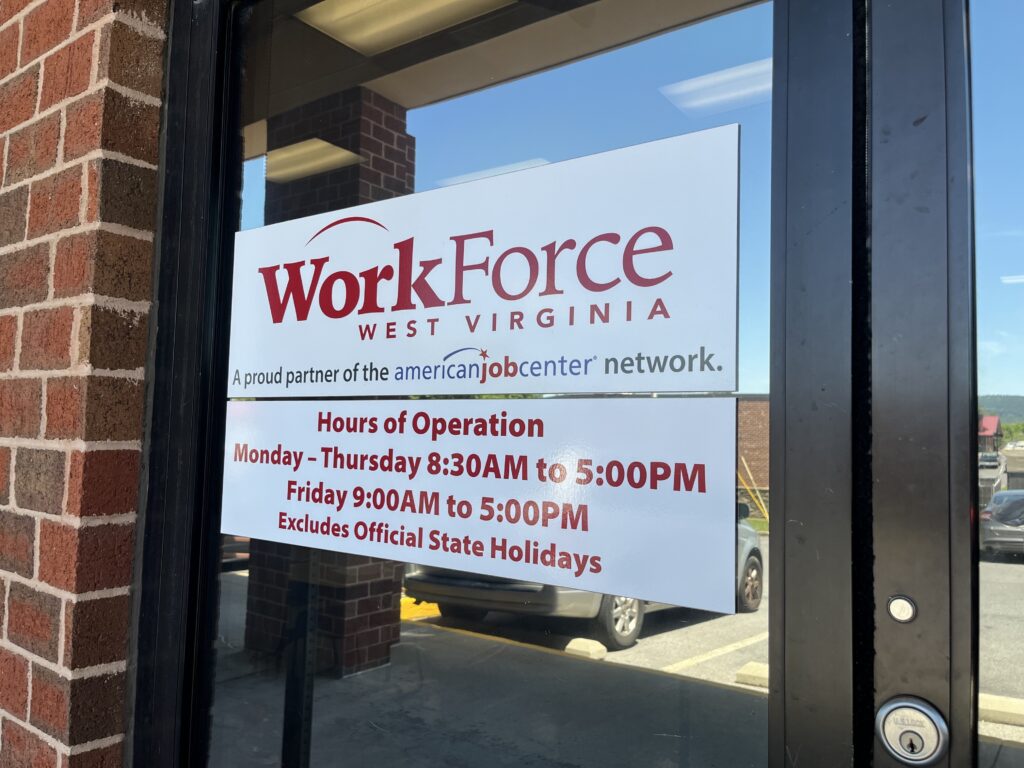Soon, West Virginia residents who lose their jobs due to a positive drug test could be temporarily blocked from unemployment benefits.
That is because a bill in the West Virginia House of Delegates would expand current limitations on who can access the state’s unemployment benefits program.
Under current state law, West Virginia residents can be refused unemployment benefits after being fired for reporting to work while intoxicated, refusing to submit to a random drug test or manipulating a drug test to obtain a false result.
But House Bill 2441 would add to that list residents fired for a drug test that indicates substance use. The bill was proposed by Del. George Street, R-Preston.
During a meeting of the House Courts Subcommittee Monday morning, Street described the bill as a “cleanup” of phrasing that better reflects a meaning of state law “implied already.” He added that it would still fall upon employers to enforce drug testing.
“This maybe wouldn’t apply to every single employee. This would be if their employer defines their position as a safe and sensitive position,” Street said. “Obviously, you don’t want someone illegally intoxicated while running dangerous machinery, that sort of thing.”
But House Minority Whip Del. Shawn Fluharty, D-Ohio, said the amendment to State Code could create the possibility of punitive drug testing. Fluharty said he worries implementing the bill could violate federal laws surrounding firing and unemployment benefits.
“States can only constrict these benefits if the discharge in place was directly related to intoxication or drug use. In other words, the originality where it stems from has to be directly related,” he said. “You can’t just umbrella and say,’ You got into a fight at work and then you failed a drug test later. We’re not going to give unemployment benefits.’ So I believe this could be afoul of the law.”
Street said no legal counsel has reviewed the legality of the bill since its proposal, but that he would be open to modifying its text if needed.
Despite Fluharty’s pushback, the subcommittee advanced House Bill 2441 to the markup and discussion phase, the next step in its path to passage.























